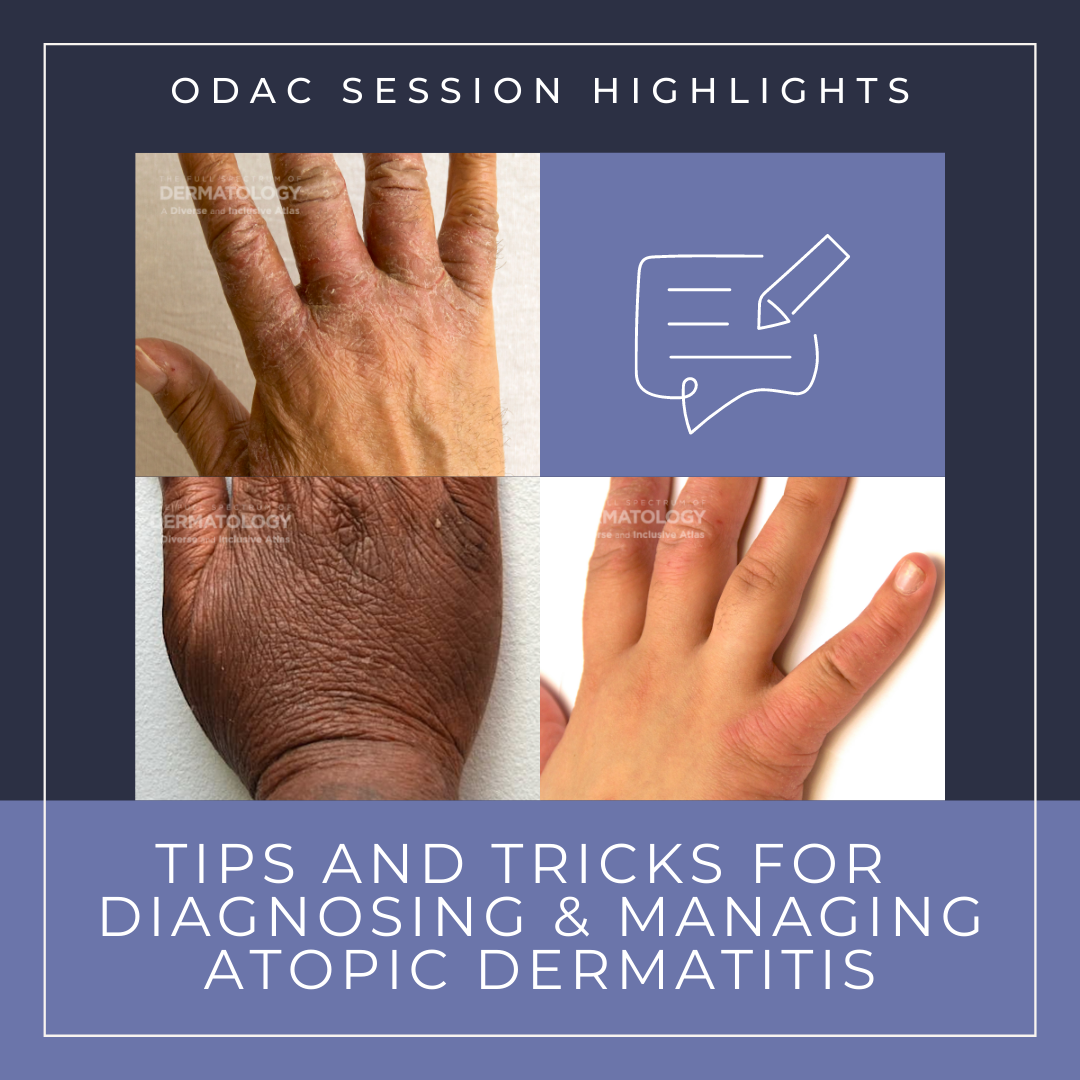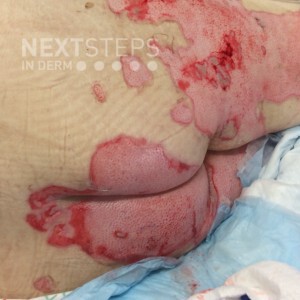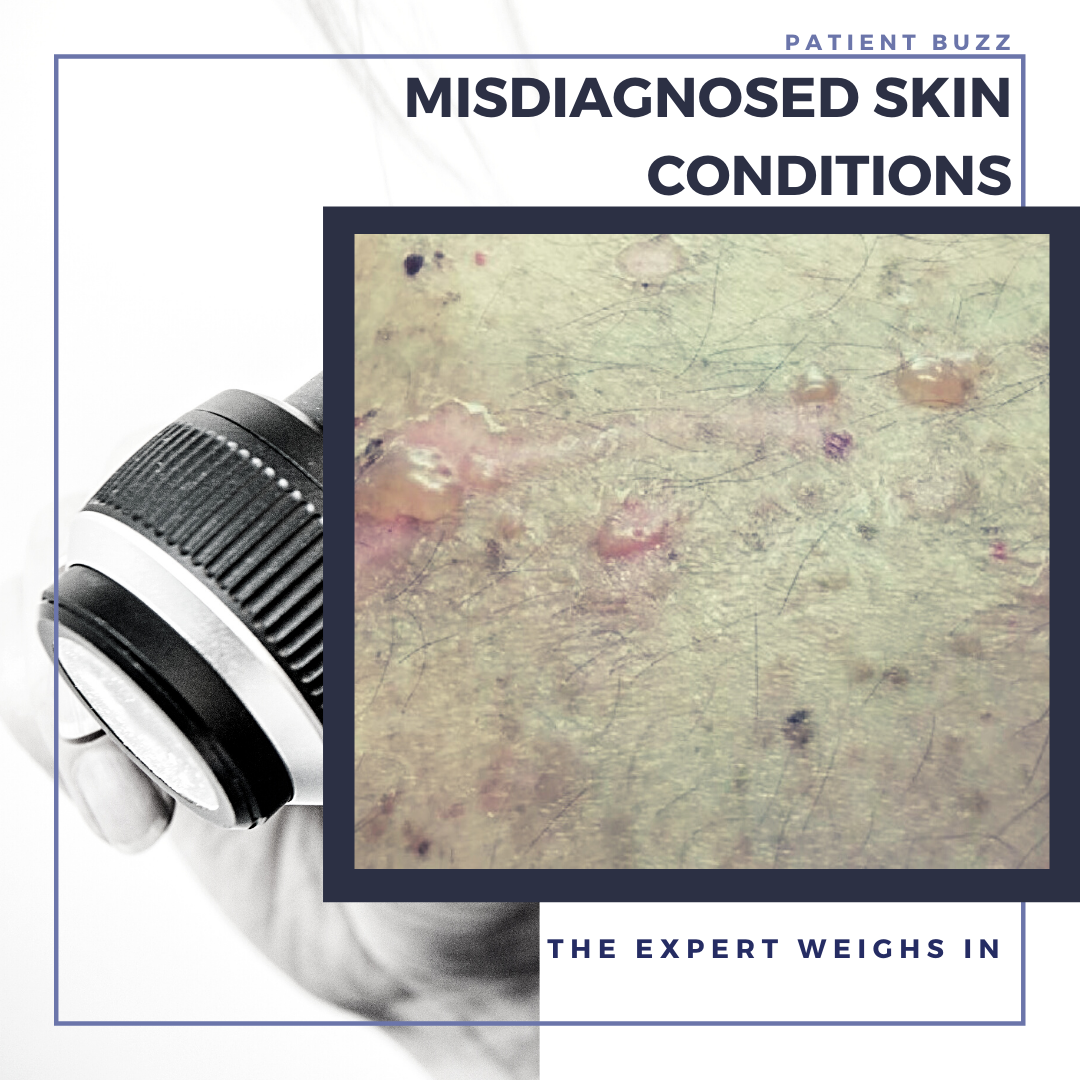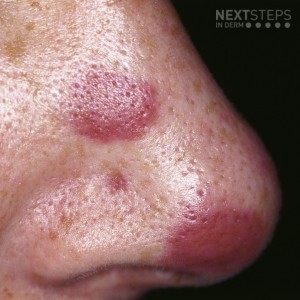Tips and Tricks for Diagnosing & Managing Atopic Dermatitis (AD)
 Atopic dermatitis is a heterogeneous, chronic inflammatory disease that affects upwards of 10% of children and 7% of adults in the United States. Despite being an incredibly common skin concern among patients, AD continues to pose diagnostic and treatment challenges to dermatologists.
What are some common misconceptions about AD?
AD always starts in childhood. FALSE. 25% of adults w …
Atopic dermatitis is a heterogeneous, chronic inflammatory disease that affects upwards of 10% of children and 7% of adults in the United States. Despite being an incredibly common skin concern among patients, AD continues to pose diagnostic and treatment challenges to dermatologists.
What are some common misconceptions about AD?
AD always starts in childhood. FALSE. 25% of adults w …
 Atopic dermatitis is a heterogeneous, chronic inflammatory disease that affects upwards of 10% of children and 7% of adults in the United States. Despite being an incredibly common skin concern among patients, AD continues to pose diagnostic and treatment challenges to dermatologists.
What are some common misconceptions about AD?
AD always starts in childhood. FALSE. 25% of adults w …
Atopic dermatitis is a heterogeneous, chronic inflammatory disease that affects upwards of 10% of children and 7% of adults in the United States. Despite being an incredibly common skin concern among patients, AD continues to pose diagnostic and treatment challenges to dermatologists.
What are some common misconceptions about AD?
AD always starts in childhood. FALSE. 25% of adults w … Continue reading "Tips and Tricks for Diagnosing & Managing Atopic Dermatitis (AD)"


 Next Steps in Derm, in partnership with ODAC Dermatology, Aesthetic and Surgical Conference, interviewed Dr. Vishal A. Patel, (fellowship trained Mohs micrographic surgeon who serves as Director of Cutaneous Oncology at the GW Cancer Center and Director of Dermatologic Surgery at the GW Department of Dermatology) about how Artificial Intelligence (AI) can help clinicians. Watch as he discusses A …
Next Steps in Derm, in partnership with ODAC Dermatology, Aesthetic and Surgical Conference, interviewed Dr. Vishal A. Patel, (fellowship trained Mohs micrographic surgeon who serves as Director of Cutaneous Oncology at the GW Cancer Center and Director of Dermatologic Surgery at the GW Department of Dermatology) about how Artificial Intelligence (AI) can help clinicians. Watch as he discusses A …  A biopsy for DIF is negative. IIF is positive for IgG antibodies directed against monkey esophagus. Which of the following is true regarding the diagnosis?
A. The primary target antigen is desmoglein 1
B. A positive DIF would show intercellular and linear IgG & C3 along the BMZ
C. It is associated with bronchiolitis obliterans
D. Autoantibody titers correlate with disease activ …
A biopsy for DIF is negative. IIF is positive for IgG antibodies directed against monkey esophagus. Which of the following is true regarding the diagnosis?
A. The primary target antigen is desmoglein 1
B. A positive DIF would show intercellular and linear IgG & C3 along the BMZ
C. It is associated with bronchiolitis obliterans
D. Autoantibody titers correlate with disease activ …  Women’s Health recently wrote an article about four skin conditions that are commonly misdiagnosed. Why do primary care providers sometimes misdiagnose common skin conditions? What conditions are challenging for dermatologists to diagnose? What steps can a dermatologist take to make a differential diagnosis?
For expert advice, I contacted Steve Daveluy, MD, FAAD, associate professor and pr …
Women’s Health recently wrote an article about four skin conditions that are commonly misdiagnosed. Why do primary care providers sometimes misdiagnose common skin conditions? What conditions are challenging for dermatologists to diagnose? What steps can a dermatologist take to make a differential diagnosis?
For expert advice, I contacted Steve Daveluy, MD, FAAD, associate professor and pr …  Biopsy of one of the lesions pictured reveals spindle cells forming slit-like vascular channels. Which of the following is also associated with the cause of these lesions?
A. Bacillary angiomatosis
B. Merkel cell carcinoma
C. Angiosarcoma
D. Multicentric Castleman disease
E. Nasopharyngeal carcinoma
To find out the correct answer and read the explanation, click here.
Brought t …
Biopsy of one of the lesions pictured reveals spindle cells forming slit-like vascular channels. Which of the following is also associated with the cause of these lesions?
A. Bacillary angiomatosis
B. Merkel cell carcinoma
C. Angiosarcoma
D. Multicentric Castleman disease
E. Nasopharyngeal carcinoma
To find out the correct answer and read the explanation, click here.
Brought t …